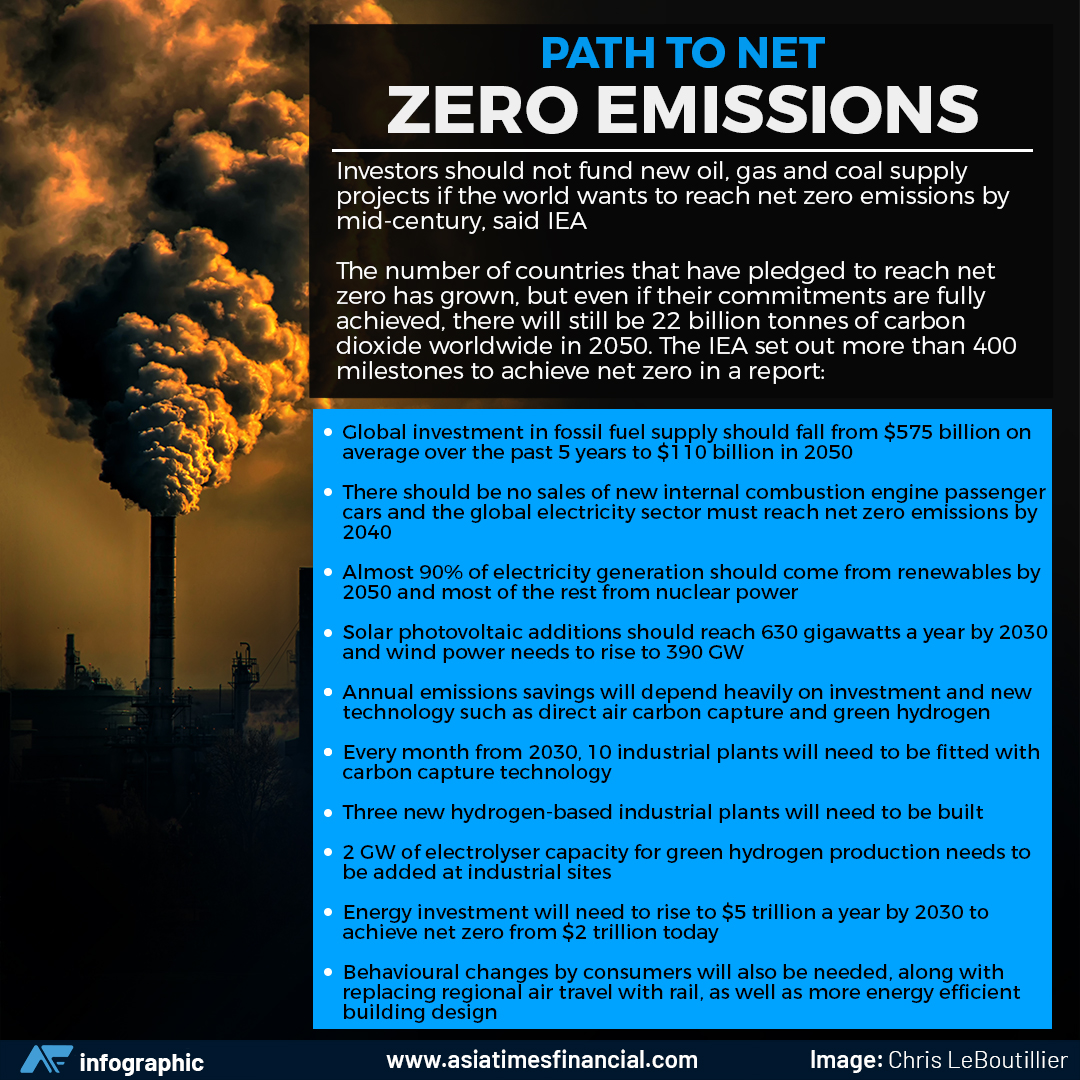China and Saudi Arabia are seeking to prevent the UN climate deal in Scotland from opposing fossil fuel subsidies.
The issue of government handouts to oil, gas, and coal producers has become a major sticking point at the summit, where negotiators have already missed a deadline to strike an agreement aimed at limiting global warming to 1.5 degrees Celsius.
Existing drafts of the agreement negotiated over the past two weeks would request that governments unwind public financial support for fossil fuels, which scientists say are the primary drivers of human-caused climate change.
US special climate envoy John Kerry told the COP26 summit on Friday that trying to curb global warming while governments spend hundreds of billions of dollars supporting the fuels that cause it was “a definition of insanity”.
Other Western nations, including members of the European Union and Britain, are also pushing to keep the reference to removing fossil fuels subsidies.
Jacinda Ardern, New Zealand prime minister, called on Asia-Pacific leaders to help eliminate “environmentally harmful” subsidies for fossil fuel industries to reduce greenhouse gas emissions for “a climate-resilient future.”

China, the world’s top emitter of greenhouse gases, is a significant oil and coal producer.
However, a policy paper published by China’s State Council on decarbonisation laid out areas to address in order to achieve peak carbon emissions by 2030. It also targets 20% of total energy consumption using non-fossil fuels by 2025, up from 16% in 2020.
Many countries are resisting pressure on their domestic fossil fuel industries. Saudi Arabia is a major crude producer and the de facto head of the Organisation of the Petroleum Exporting Countries.
Politics is getting in the way in the US, with maverick Democratic senator Joe Manchin, who owns coal mines in West Virginia opposing his own party’s attempts to rein in fossil fuel usage.
“It is disheartening that the world’s top two greenhouse gas emitters, the US and China, as well as India, refused to join the agreement on phasing out coal,” said Gilles Moëc, AXA group chief economist.
China’s experiment last summer with a “coal-free diet” ultimately illustrated the country’s dependence on the power source.
- Reuters, with editing by George Russell
























